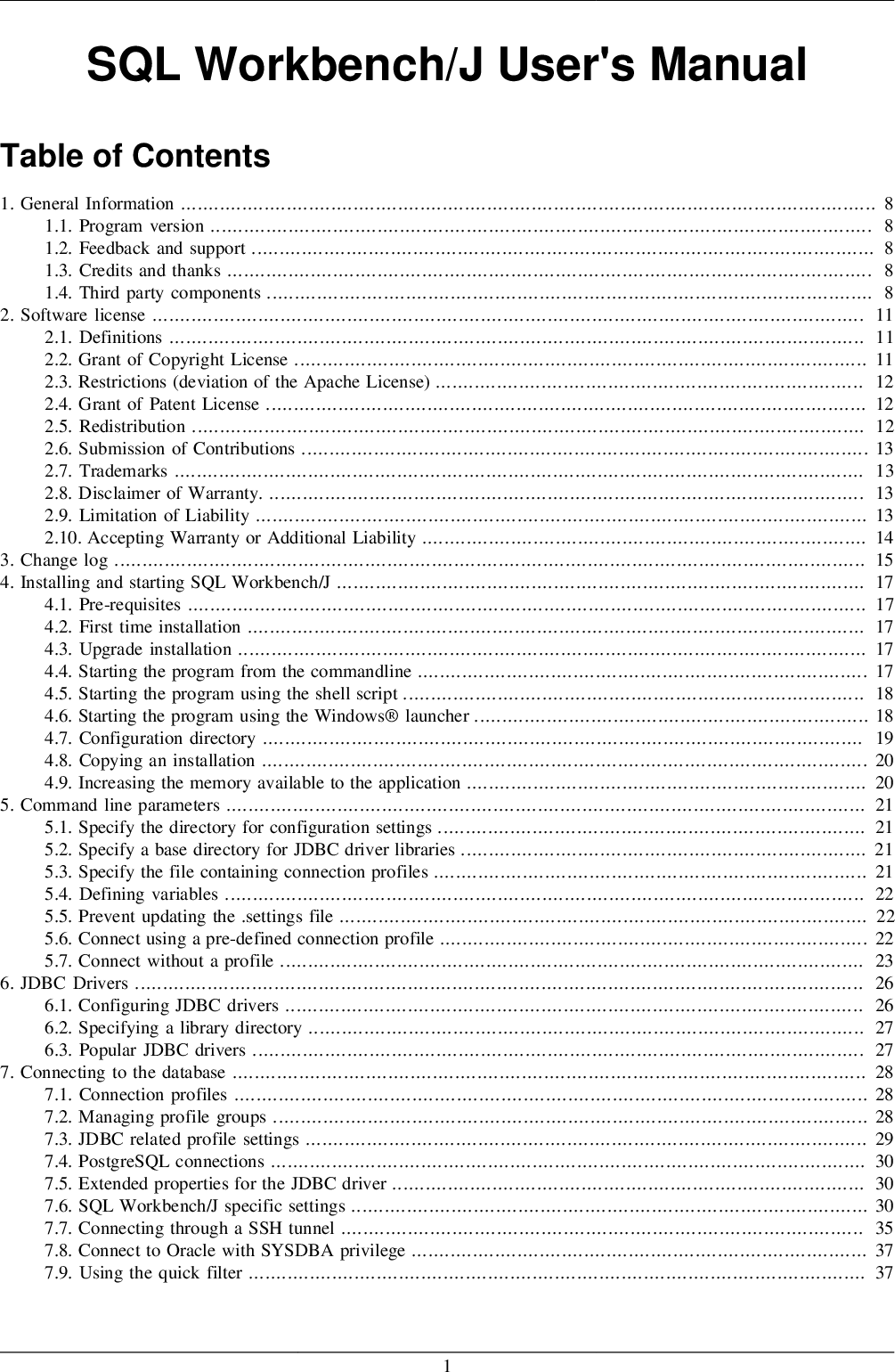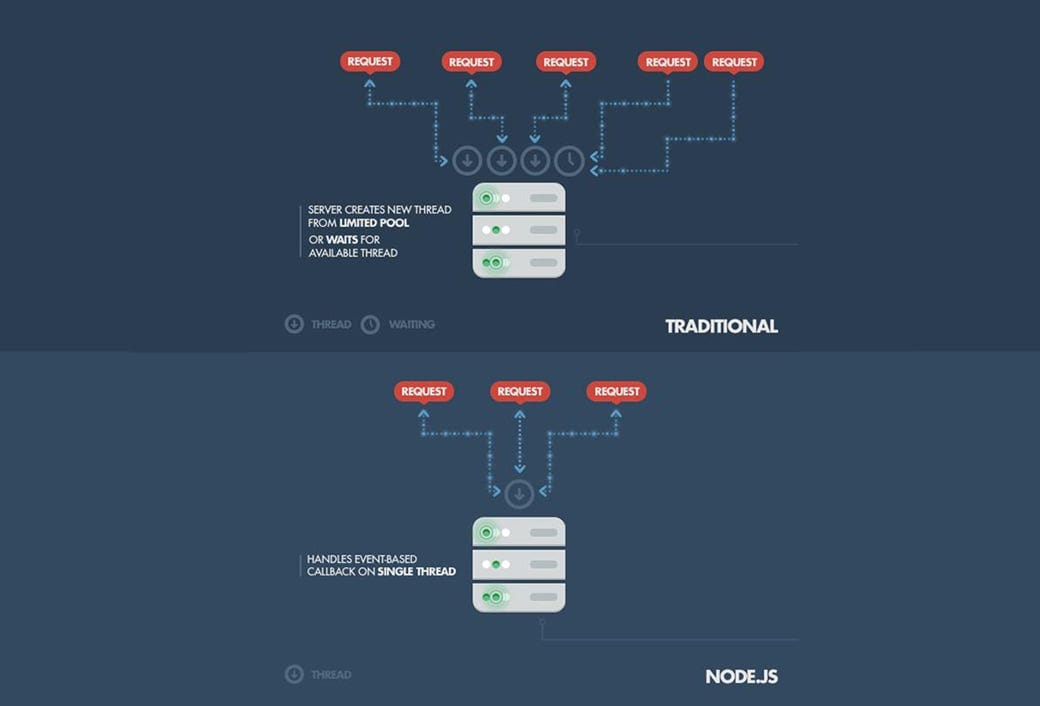Python time sleep function is used to add delay in the execution of a program. We can use python sleep function to halt the execution of the program for given time in seconds. Notice that python time sleep function actually stops the execution of current thread only, not the whole program.
Python time sleep() function is very important method for multithreading. Below is a simple example showing that the python time sleep function halts the execution of current thread only in multithreaded programming. In this example the main thread waits 5 seconds before it sends a stop_event signal. After the blocking goes off, the main thread sends the stop signal and the other thread is supposed to see it and stop. Fortunately Python provides the multiprocessing module, which allows us to create processes which can be killed.
From the output it's very clear that only the threads are being stopped from execution and not the whole program by python time sleep function. The threading module provides an Event() that you can use like time.sleep(). However, Event() has the added benefit of being more responsive. The reason for this is that when the event is set, the program will break out of the loop immediately.
With time.sleep(), your code will need to wait for the Python sleep() call to finish before the thread can exit. That's all about python time sleep function or python sleep function. Python sleep() is a function used to delay the execution of code for the number of seconds given as input to sleep(). You can use the sleep() function to temporarily halt the execution of your code. For example, you are waiting for a process to complete or a file upload. The secret to be able to terminate the thread without having to wait a lot is to make sure the event object is checked often enough.
CDB enables setting breakpoints in comments or on source lines for which no code was generated. In such situations, the breakpoint is shifted to the next source code line for which the code was actually generated. To reflect such temporary changes by moving the breakpoint markers in the source code editor, select the Correct breakpoint location check box. GDB allows setting breakpoints on source lines for which no code was generated.
To reflect such temporary changes by moving the breakpoint markers in the source code editor, select the Adjust breakpoint locations check box. It's implemented as a clock running at a fixed integral offset to CLOCK_REALTIME, which is atomically incremented by 1 when the CLOCK_REALTIME clock is stepped back on leap second. It was introduced in the Linux kernel version 3.10 and is available with the kernels shipped in RHEL7. Please note that the offset from CLOCK_REALTIME is initialized on boot to zero and neither ntpd nor chronyd set it by default to the correct value .
Switching to CLOCK_TAI in applications would of course require modifications to the code and possibly also all protocols that use the Unix representation of time. In order to add time delay in our program code, we use the sleep() function from the time module. This is the in-built module in Python we don't need to install externally. ¶Suspend execution of the calling thread until the delivery of one of the signals specified in the signal set sigset. The function accepts the signal and removes it from the pending list of signals. If one of the signals in sigset is already pending for the calling thread, the function will return immediately with information about that signal.
The signal handler is not called for the delivered signal. The function raises anInterruptedError if it is interrupted by a signal that is not insigset. To specify a timeout for terminating non-responsive GDB processes, set the number of seconds to wait in the GDB timeout field. Which method for correcting the system clock on leap second should you choose? It they don't require the system time to be monotonic, use ntpd or chronyd in their default configuration.
There will be a backward step, but the clock will be off only for one second. If the time must be monotonic and the requirements on its accuracy are not very strict, you can use ntpd with the -x option to slew the clock instead. With chronyd you can set the leapsecmode option set to slew. If there is also a requirement to keep the clocks on multiple systems close to each other, consider using chronyd configured with a smaller maximum slew rate.
If that is not an option, you can run your own leap smearing NTP server with chronyd, but be careful to not mix it with other servers. Let's see the following example of python time sleep function. The main application function starts the background calculation in a separate thread, then waits for the thread to complete its work and finally prints the result global variable. The version of this function that you see above does not have the waiting part implemented, you can see a TODO comment in the place where the wait needs to take place. In the following sections I'm going to show you a few different ways to implement this wait, starting from the worst and working my way up to the best. There are also times when you might want to add a Python sleep() call to a thread.
Perhaps you're running a migration script against a database with millions of records in production. You don't want to cause any downtime, but you also don't want to wait longer than necessary to finish the migration, so you decide to use threads. To automatically add a breakpoint on the CrtCbgReport() function, select the Stop when CrtCbgReport() is called check box. This catches runtime error messages caused by assert(), for example. To allow reading the user's default .gdbinit file on debugger startup, select the Load .gdbinit file on startup check box. Claimed breakpoints are listed in the Breakpoints view of the running debugger.
Now that you have created variables and called methods, you can add some logic to your code. Unlike other languages, VTL allows only loops, where the number of iterations is predetermined. This design ensures that the evaluation process always terminates, and provides bounds for scalability when your GraphQL operations execute. A common technique when learning a language is to print out results (for example, console.log in JavaScript) to see what happens.
In this tutorial, we demonstrate this by creating a simple GraphQL schema and passing a map of values to a Lambda function. The Lambda function prints out the values and then responds with them. This will enable you to understand the request/response flow and see different programming techniques.
If you need to read from a network socket, the default configuration of the socket will make your read block until data arrives, so this works well as an efficient wait. Because the sleep functionality is handled by the operating system, your computer's processor will be freed up for any other work while your Python program is asleep. Programs that are waiting on sleep timers don't actively use your system's resources.
The Event().wait method comes from the threading module. Event.wait() method will halt the execution of any process for the number of seconds it takes as an argument. You can make use of Python sleep function when you want to temporarily halt the execution of your code.
For example, in case you are waiting for another process to complete, or a file upload, etc. Python sleep() function will pause Python code or delay the execution of program for the number of seconds given as input to sleep(). The sleep() function is part of the Python time module.
¶Send the signal signalnum to the thread thread_id, another thread in the same process as the caller. However, if the target thread is executing the Python interpreter, the Python signal handlers will be executed by the main thread of the main interpreter. Therefore, the only point of sending a signal to a particular Python thread would be to force a running system call to fail with InterruptedError. You could use this functionality to improve user experience.
By adding a Python sleep() call, you can make the application appear to load faster and then start some longer-running process after it's up. That way, the user won't have to wait for the application to open. When the program being debugged is interrupted, Qt Creator displays the nested function calls leading to the current position as a call stack trace. This stack trace is built up from call stack frames, each representing a particular function. For each function, Qt Creator tries to retrieve the file name and line number of the corresponding source file.
If the address is displayed in the Locals or Expressions view, you can select Add Data Breakpoint at Object's Address in the context menu to set the data breakpoint. This deeper understanding is used to present objects of such classes in a useful way. With ntpd, the kernel backward step is used by default. The one-second error gained after the leap second will be measured and corrected later by slewing in normal operation using NTP servers which already corrected their local clocks. Also, the applications would need to use a different representation to store future dates with a given time of day as leap seconds are scheduled only few months ahead.
Otherwise with every inserted leap second any future dates after the leap second with a fixed time of the day would have to be shifted by one second ahead. Next to logging variables, it is possible to read and set parameters settings. That can be done within the cfclient, but here we will look at how we can change the state estimator method in the python script. The delay() function causes the program to halt for a specified time. For example, running delay will stop the program for three seconds and delay will stop the program for a half-second.
The screen only updates when the end of draw() is reached, so delay()cannot be used to slow down drawing. For instance, you cannot use delay()to control the timing of an animation. It prints the values of the average of the current_frame and the difference. I only print once every ten times, to avoid too much data on the screen.
The first is using variables with the range [..] operator to create an iterable object. Then each item is referenced by a variable $i that you can operate with. In the previous example, you also see Comments that are denoted with a double pound ##. This also showcases using the loop variable in both the keys or the values, as well as different methods of concatenation using strings.
Allows you to call methods, as above, it won't suppress the returned value of the executed method. This is why we noted ##Prints "first value" and ##Prints true above. VTL allows you to apply logic using programming techniques that might be familiar. However, it is bounded to run within the standard request/response flow to ensure that your GraphQL API is scalable as your user base grows.
Now consider you have your Python logic in a separate thread, and here you wait on an event object. The tkinter event handlers for your buttons all do what they need to do, and then set the event object. If you are using the asyncio package, then you have access to similar types of waiting functions.
For example, there are asyncio.Event and asyncio.Queue objects that are modeled after the original ones in the standard library, but based on the async/await style of programming. The time.sleep() function will suspend the execution for the number of seconds passed in the argument. During those 15 seconds of sleep the CPU will not perform any work, and will be free to take on work from other processes running on your computer. In this application, the background_calculation() function performs some computation that is slow. To keep this example simple, I have coded this function with a time.sleep() call with a random time of up to 5 minutes.
When the function reaches the end, a result global variable is set with the result of this made-up calculation, which is going to be, obviously, the number forty-two. An example of using sleep to run a set of functions at different intervals. This is not a replacement for multi-threading, but it could help someone that wants to do something cheap.
This is different than running a standard 1 second sleep loop, due to sleeping longer does not consume as much CPU. The sleep function from Python's time module pauses the Python execution by the number of seconds inputted. A Timer takes in input as the delay time in Python in seconds, along with a task that needs to be started. To make a timer working, you need to call the start() method.
In the code, the Timer is given 5 seconds, and the function display that has to be called when 5 seconds are done. The timer will start working when the Timer.start() method is called. The script has a function call display() that prints a message "Welcome to Guru99 tutorials". There are two keywords used in the function async and await.
The async keyword is added at the start of the function definition, and await is added just before the asyncio.sleep(). Both the keywords async / await are meant to handle the asynchronous task. Are used for creating simple syntax for calling higher-order functions. Suppose we have to test a function again, or the user has to download a file again, or you have to check the status of an interface after a specific time interval. You require a time delay between the first attempt and the second attempt. Thus, you can use decorators in cases where you need to check repeatedly and require a time delay.
Asynchronous capabilities were added to Python in the 3.4 release, and this feature set has been aggressively expanding ever since. Asynchronous programming is a type of parallel programming that allows you to run multiple tasks at once. Python has built-in support for putting your program to sleep.



























